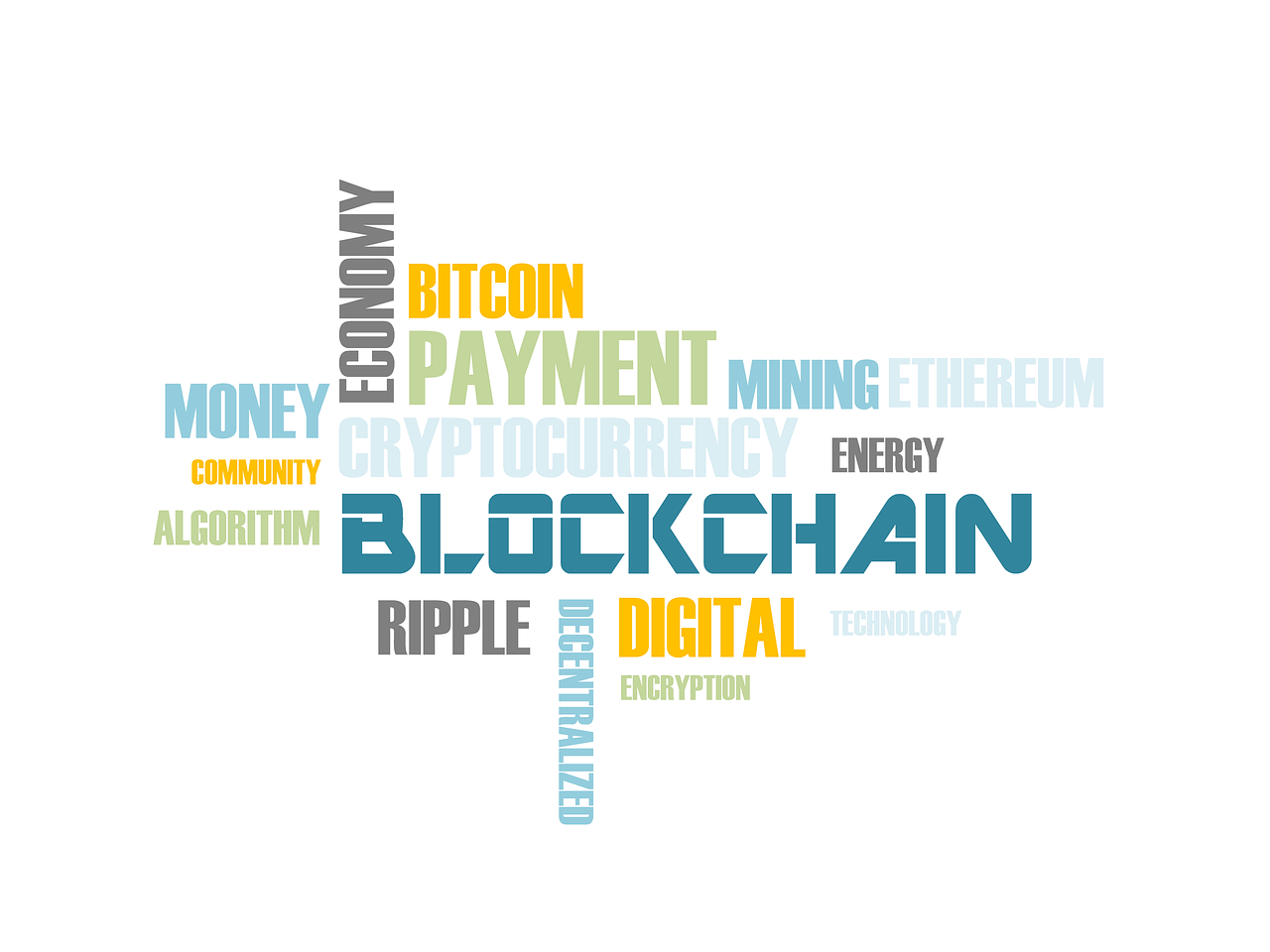What is Blockchain Technology?
Blockchain technology is a decentralized, distributed digital ledger that records transactions across many computers in a secure and permanent way. Rather than having a central authority like a traditional database, the blockchain is a peer-to-peer network that maintains a shared record of data with no single point of failure. Transactions are secured through cryptography and organized into blocks, which are then linked together in a chronological chain - hence the name "blockchain."
The Origins of Blockchain Technology
The growth in popularity of blockchain can be traced back to 2008 when an anonymous individual or group known as Satoshi Nakamoto published a white paper describing a peer-to-peer electronic cash system called Bitcoin. This pioneering work introduced the world's first cryptocurrency built on blockchain technology. While blockchain's inaugural application was facilitating cryptocurrency transactions, the technology's potential extends far beyond digital currencies.

Image by Pete Linforth from Pixabay
Why Blockchain is a Necessary Technology
Blockchain offers several key advantages over traditional centralized record-keeping systems, making it an increasingly important and disruptive technology:
- Decentralization and lack of a single point of failure increases fault tolerance and security
- Cryptographic verification and consensus mechanisms ensure data integrity and transparency
- Immutable and permanent record of transactions builds trust and accountability.
- Peer-to-peer architecture eliminates need for intermediaries, reducing costs and inefficiencies
These attributes make blockchain particularly attractive for virtually any application involving multiple parties sharing data or assets, especially in cases where trust, security, transparency, and disintermediation are important.
Different Use Applications of Blockchain Technology
Blockchain Technology in Money Transactions and International Payments
One of the earliest and most widespread uses of blockchain has been for financial transactions and global payments. The ability to quickly and securely transfer value globally without intermediaries has driven the growth of cryptocurrencies like Bitcoin for cross-border remittances. According to Blockchain.com, the number of unique Bitcoin wallet addresses expanded from under 100,000 in 2013 to around 700,000 by 2022.
Beyond just Bitcoin, we've seen an explosion of blockchain-based payment ecosystems including altcoins, digital wallets, exchanges and more. Key benefits include high transaction speeds, low costs, privacy protection, seamless global access and censorship resistance. As financial infrastructure upgrades to leverage blockchain rails, international payments and value transfer will only become faster, cheaper and more accessible.
Blockchain Technology in Smart Contracts
A smart contract is essentially a computer program that automatically executes predefined actions and terms of an agreement once certain conditions are met. Smart contracts enable trusted transactions without relying on centralized authorities or enforcement. They allow terms to be directly coded into blockchain protocols, creating tamper-proof self-executing digital contracts.

Image by Tumisu from Pixabay
Ethereum was one of the first blockchains designed specifically to support smart contract functionality. Afterwards, other blockchains like Bitcoin incorporated smart contract capabilities through upgrades. At their core, smart contracts are decentralized applications that facilitate, verify and enforce rules for negotiating a contract, removing the need for intermediaries.
In a basic example, a smart contract could automatically release funds to a seller once a buyer has provided payment and delivery conditions are confirmed. Smart contracts have huge implications for industries like finance, law, supply chain and virtually any multi-party agreement.
Blockchain Technology in Cybersecurity & Data Protection
While the internet has transformed society through connectivity and information sharing, it has also created new vulnerabilities around data security and privacy. Blockchain's encryption, decentralization and immutable data trail help protect against threats like hacking, surveillance and data tampering.
Crucially, blockchain uses advanced cryptography allowing data to be shared publicly without compromising user privacy or anonymity. Decentralized data storage also reduces central points of failure that can be attacked. Overall, blockchain provides much stronger security assurances around data integrity, user verification, identity protection and more.
Blockchain Technology for Personal Information Protection
Building on cybersecurity strengths, blockchain offers major improvements for protecting and managing digital identities and personal data. Public-key cryptography allows users to maintain complete privacy and control over their information.
Individuals receive a private key only they can access, which corresponds to a public key they can share data through while remaining pseudonymous. This separates identity from data sharing, giving users far more autonomy over their personal information compared to current data handling practices.
Blockchain Technology for Data Storage and Medical Information Storage
From financial records to legal documents to medical files, we are generating lump sum amounts of data that need to be securely accessed, shared and preserved long-term. While centralized cloud providers like Dropbox have become popular storage solutions, they create issues around data ownership, control and trust.
Decentralized blockchain-based storage platforms like Storj, Filecoin and Sia are emerging as compelling alternatives. These marketplaces incentivize a global network of storage providers to rent out excess capacity directly to storage renters, without centralized intermediaries. Combined with encryption and verification, users gain robust data redundancy, security and ownership.
In healthcare, blockchain allows patients full access and authority over their medical histories, rather than being siloed across disconnected provider systems. Patients could permission researchers to access their anonymized data and be compensated accordingly.
Blockchain Technology for Regulatory Compliance and Auditing
A key feature of blockchain is creating a verifiable, append-only trail for all recorded data and transactions. This immutable audit trail builds accountability, provenance tracking and visibility into processes in ways that satisfy regulatory requirements across many industries.

Image by Gerd Altmann from Pixabay
From securities and finance to supply chain to pharmaceutical manufacturing, blockchain's transparent record keeping and validator consensus provide strong compliance assurances..
Blockchain Technology for Digital Currencies (Cryptocurrencies)
While digital payments were an initial blockchain use case, the ability to create and circulate custom cryptocurrencies is a notable evolution. Now communities, organizations and even individuals can issue programmable private currencies serving as mediums of exchange, value stores and units of account.
These blockchain-based currencies empower local economies, facilitate direct value exchange and incentivize activities within an ecosystem. For example, residents could earn and spend tokens for participating in community projects. Custom cryptocurrencies can strengthen engagement and collaboration in innovative ways.
As a decentralized record-keeping system providing verifiable data integrity and trust without intermediaries, blockchain has the potential to profoundly impact many aspects of business and society. While still an emerging technology, the examples above illustrate the diversity of valuable blockchain applications already taking shape. As adoption and supporting infrastructure builds out, we will only see blockchain's transformative impact grow across many sectors.







